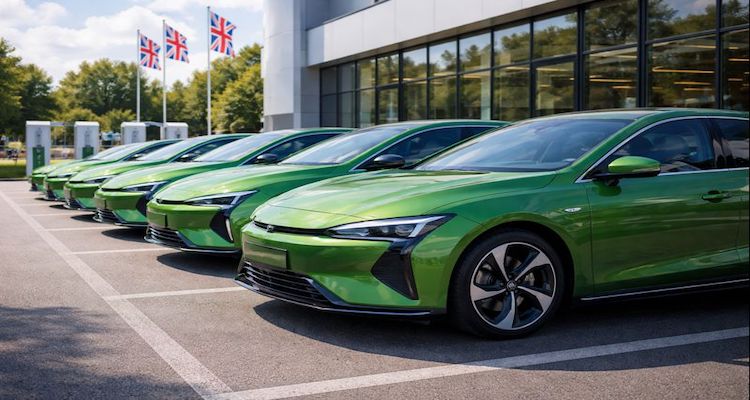From Lab to Life: How Modern Science is Shaping Our World

Modern science is transforming everyday life, from revolutionary healthcare to sustainable energy. Explore how lab innovations are becoming real-world solutions.
Introduction: A Revolution Born in Silence
Behind closed lab doors, the world quietly changes. From life-saving vaccines to AI-driven agriculture, science is no longer confined to textbooks and white coats — it’s embedded in the devices we carry, the food we eat, and the air we breathe. Today, breakthroughs born in research labs are swiftly leaping into daily life, altering the human experience at a pace never seen before.
Context: From Theory to Tangibility
Throughout history, scientific discovery has often taken decades to translate into public benefit. The theory of electricity preceded the lightbulb by over a century. But today, thanks to rapid technological integration, global collaboration, and policy support, the gap between laboratory research and societal impact is shrinking fast.
Post-pandemic, the world has witnessed science at its most urgent and practical. COVID-19 vaccine development — which once might have taken years — occurred in under 12 months, marking a new era in translational science. The message is clear: when science meets real-world needs, progress accelerates.
Main Developments: Science Changing Lives in Real Time
1. Healthcare Reimagined
mRNA vaccines, originally conceptualized in the 1990s, now safeguard millions against viruses — with ongoing trials for cancer, HIV, and influenza. AI algorithms assist radiologists in detecting cancer earlier than ever, while wearable biosensors provide real-time health monitoring for chronic conditions like diabetes and heart disease.
2. Sustainable Technologies
Green innovations born in labs are now critical to climate action. Carbon capture systems, biodegradable plastics, and lab-grown meat — once experimental — are entering commercial viability. In Europe, solar glass panels are being installed on skyscrapers, turning buildings into clean energy generators.
3. Artificial Intelligence and Quantum Leap
AI, once confined to academic theory, is now core to industries from finance to agriculture. Quantum computing, though still nascent, promises exponential processing power that could revolutionize drug discovery, encryption, and logistics.
4. Space Science Meets Earth
Satellite data is now used for everything from tracking crop health to managing disaster responses. NASA’s research into water purification for astronauts has found its way into household filtration systems in developing nations.
Expert Insight: Trust in Science at a Crossroads
According to Dr. Lena Patel, a research policy expert at the World Science Forum, “The speed of implementation today is unprecedented — but it must be matched with public understanding and ethical foresight.”
Public sentiment, however, remains mixed. A Pew Research Center survey found that while 76% of Americans view scientific research as beneficial, nearly 40% remain skeptical of rapid technological changes — often due to misinformation or ethical concerns about AI and biotech.
Impact & Implications: What’s Next?
The ripple effects of lab-to-life science touch nearly every aspect of modern existence:
- Education: Virtual and augmented reality tools are enhancing classroom engagement, particularly in STEM fields.
- Workforce: Automation and AI are reshaping job landscapes, demanding new skillsets and prompting debates over universal basic income.
- Environment: Innovations in water conservation, precision agriculture, and pollution monitoring are creating smarter, more resilient ecosystems.
Yet these advancements raise urgent questions. How do we regulate genetic editing without stifling medical breakthroughs? Who owns data generated by wearable health devices? And how do we ensure developing nations benefit from — rather than fall behind — in this scientific surge?
Conclusion: Bridging Knowledge and Humanity
From curing diseases to tackling climate change, modern science is not just advancing — it’s converging with everyday life. But to fully realize its promise, society must foster scientific literacy, ethical frameworks, and inclusive innovation.
As science races forward, our collective responsibility is to ensure it remains grounded in humanity — not just transforming our world, but improving it for all.
Disclaimer:
This article is for informational purposes only and does not constitute professional or medical advice.










